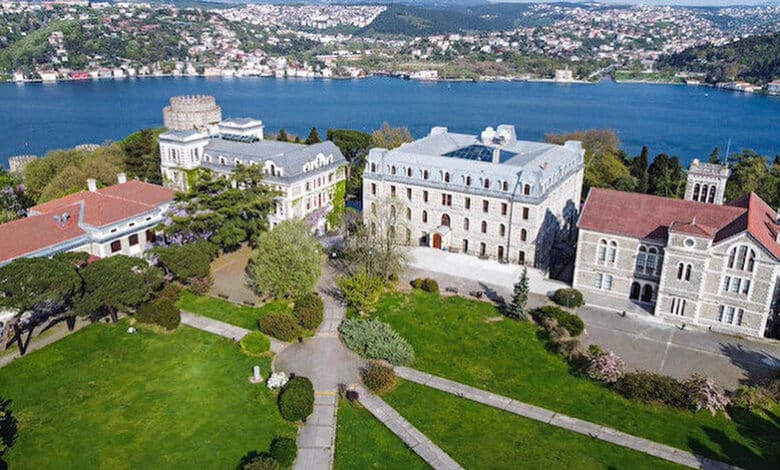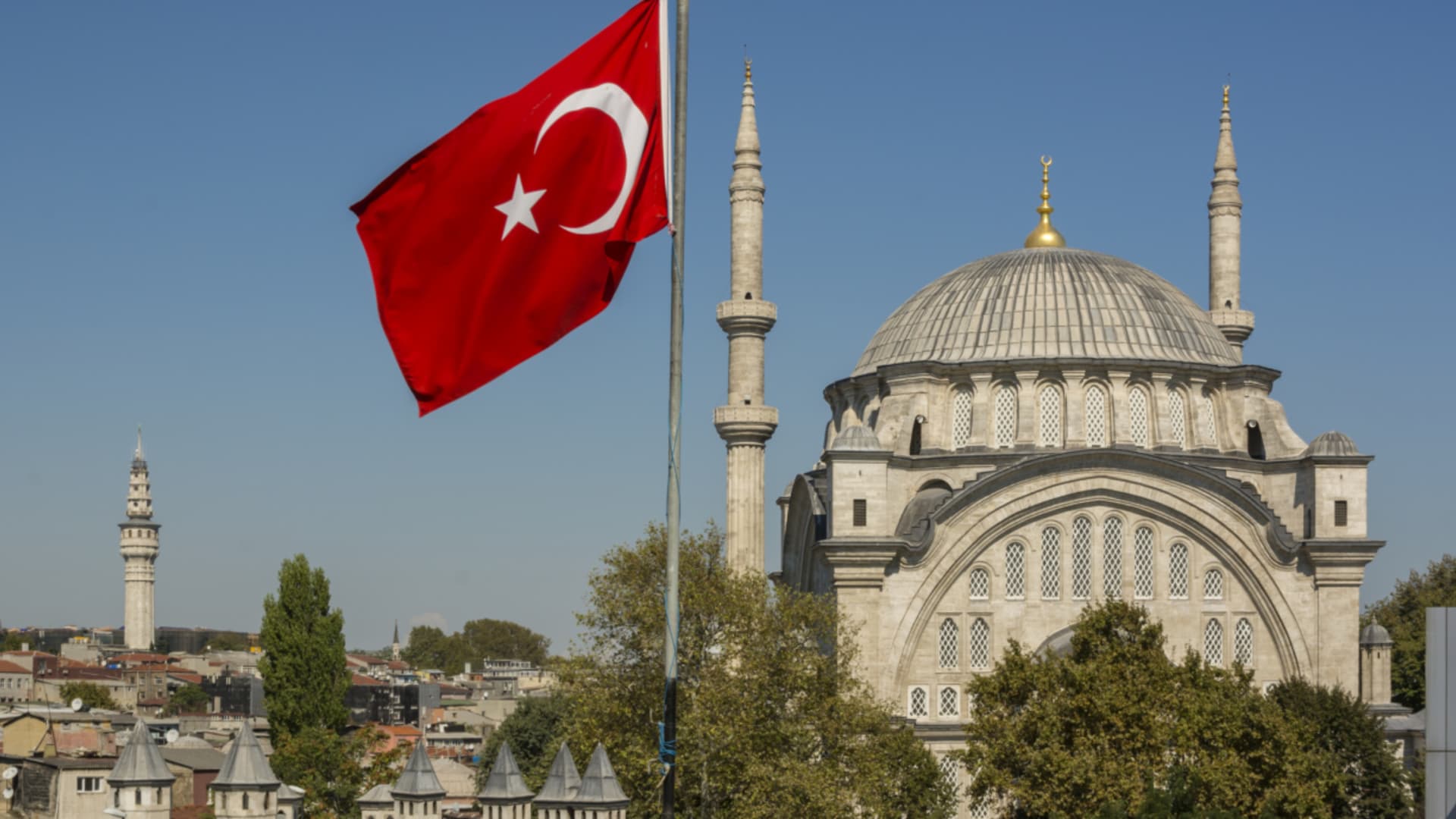Month: April 2024

Top 5 Universities for studying Medicine in Turkey
Turkey has become one of the preferred countries for international students seeking to study medicine…
Read More
7 Advantages of Studying Engineering in Turkey
Studying engineering in Turkey is a gateway to academic excellence and innovation, combining internationally accredited…
Read More
9 of the Top Public Universities in Turkey
Studying in Turkey is the most preferred choice for international students from all countries and…
Read More
5 Reasons to study at private universities in Turkey
If you’re considering pursuing your university education abroad, especially if you want to study at…
Read More


